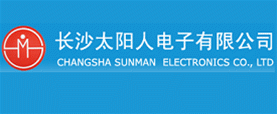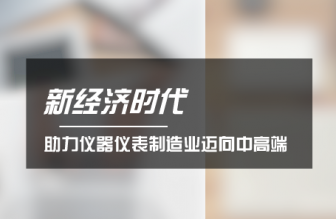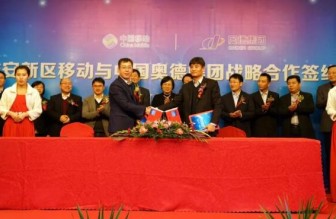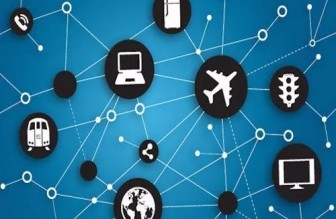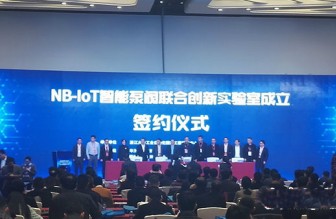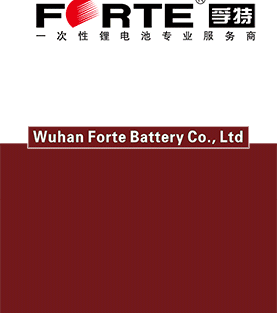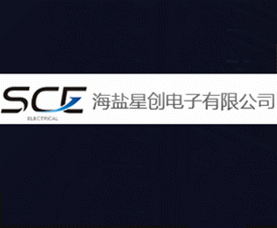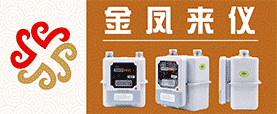中國石化新聞網訊 據3月27日Offshore Energy報道,過去,石油和天然氣行業的技術主要集中在數字化流程和在工作流程中應用人工智能(AI)。隨著二十一世紀第二個十年的結束,未來十年將繼續采用更多的技術變革并擴展現有工具以提高移動現場運營的效率和效力。
展望未來,我預見以下三種技術趨勢將對油氣企業的經營方式產生影響:
增強移動功能
隨著技術的進步,外勤人員將通過在日常工作流程中利用移動技術來提高機動性。這包括使用手機、iPad或可穿戴設備之類的東西來獲取數據并在日常工作中提高效率。移動功能將使流程的優化得以實現,從而使工作人員可以更快地做出決策并加快整個流程。這一理念將激勵企業在日常行動和運營中提高效率和效力。
全企業范圍的AI
人工智能將在全企業范圍內實施。管理層并不是唯一能夠利用和受益于數據來做出決策的人。相反,公司的方方面面,從一線員工到主管,都能享受到這些便利。將工作流程的各個方面進行數字化的舉措將考慮到現場工作人員,并可以使用一套更為便利且相互協調的工具。從歷史上看,技術從未進行實際應用,即使是這樣,也會是一種過時的解決方案。將技術(特別是AI)掌握在員工手中,將有助于員工能夠記錄自己正在做的工作并有效地完成工作。從油井開發的不同階段收集數據并將其匯總為一個信息源,有助于了解油井開發的全過程,該信息可以預測日常支出和預算等。最終,將AI的使用擴展到全企業范圍的工具并協同所有員工的移動功能,充分利用全面改進流程的能力,提供詳細和可定制的信息池。
簡易培訓
現場工作人員一直需求旺盛,并且教新員工如何正確完成工作并不是一件容易或快捷的任務。為了確保所有人員不僅了解工作流程,還了解安全知識,需要長時間的培訓、適當的工具和有效的方法。使用在線學習可以更有效的進行崗前培訓。在線學習是為年輕的員工量身定制的,培訓形式更具互動性,包括視頻和游戲化,以便更有效地吸引新員工。利用測驗、獲得徽章和提供證書可以檢驗學員的知識儲備。這也可以加快培訓過程,提供對工作的全面了解,防止重要因素被忽略或遺忘。在培訓期間,不僅教授必要的技能,而且教授如何使用適當和必要的工具和技術,以便使工人能夠在日常工作中熟練地使用這些工具,及時錄入數據。總的來說,培訓時間、風險和培訓的復雜性都將減少。
在移動應用程序、人工智能和在線學習等因素的推動下,石油和天然氣行業將繼續發展。我相信,外勤業務將在明年甚至十年內采用這些做法,以便形成一個更加高效和有效的環境。
舒曉玲 摘譯自 Offshore Energy
原文如下
Moving the Needle for Oil & Gas Technology
Technology in the oil and gas industry has been largely focused on digitizing processes and implementing Artificial Intelligence (AI) into the workflow. With the conclusion of another year, the next decade will continue to adopt even more changes with technology and expand on the tools already in place to make mobile field operations more efficient and effective.
Looking forward, here are three trends I foresee making an impact on the way businesses run in the oil and gas field:
Increased mobile capabilities
As technology improves, field personnel will experience increased mobility by utilizing mobile technologies in their everyday workflow. This includes using things like cell phones, iPads, or wearables in order to capture data and increase efficiency throughout the workday. Mobile capabilities will allow for improved processes to be implemented so that workers can make decisions quicker and speed up the overall procedures. This concept will be a motivator for businesses to be more efficient and effective in their everyday actions and operations.
AI enterprise-wide
AI will be implemented at an enterprise-wide level. Management won’t be the only one utilizing and benefitting from data in order to make decisions. Instead, all aspects of the company, from frontline workers to supervisors, will have access to these conveniences. Initiatives to digitalize aspects of the workflow process will take into account field workers and allow for a more convenient set of tools that all coincide with each other. Historically, technology has not been in fieldwork, or if so, it is an antiquated solution. Putting technology and more specifically AI in the hands of workers will empower personnel to document the work they are doing and finish the work effectively. Collecting data from different stages of the well and compiling them into one source of information helps tell an aggregate story that can predict things like daily spend and budget. Ultimately, increasing the use of AI to an enterprise-wide tool coincides with mobile capabilities for all workers, leveraging the ability for improved processes across the board and allows for a detailed and customized pool of information.
Condensed training
Field workers are consistently in demand and teaching new employees how to properly do the job is not an easy or quick task. It takes time, proper tools, and effective methods in order to make sure all personnel is informed on not only workflow processes but also safety expectations. Training for this position will be developed in a more efficient way with the concept of eLearning. The aspect of eLearning is tailored to a younger workforce with a more interactive form of training, involving videos and gamification in order to engage new employees more efficiently. The utilization of quizzes, earning badges, and providing certifications can determine the knowledge and preparation of a trainee. This can also speed up the training process and provide a well-rounded insight into the job, preventing important factors from being skipped over or forgotten. Teaching not only necessary skills but also how to use the proper and required tools and technologies in the training period will allow workers to be comfortable with using these tools in the everyday workflow and keep data flowing in. Overall, there will be a reduction in training time, risk, and the complexity of training.
With the factors of mobile applications, AI capabilities, and eLearning, the oil and gas industry will continue to develop. I believe mobile field operations will adopt these practices in the next year and even decade in order to become a more efficient and effective environment.





